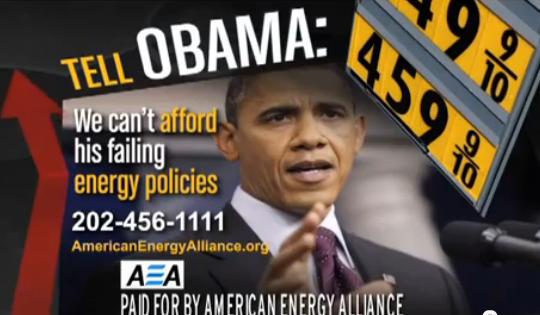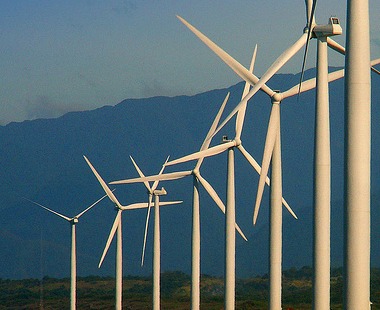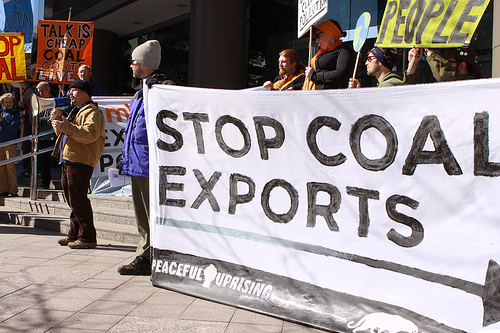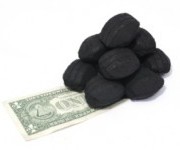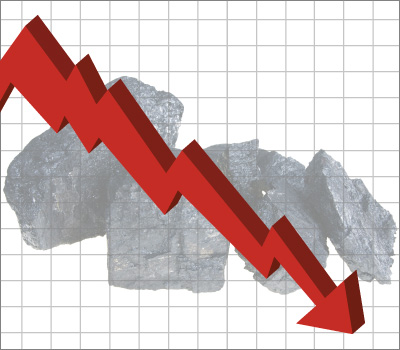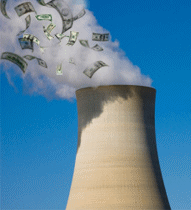Climate Energy
All Stories
-
Big Oil dominates political attacks on Obama
Last month, almost 14,000 negative ads focused on energy. Why is energy dominating the right's campaign against Obama?
-
How wind power fits into our energy diet
Wind is a critical part of a clean and reliable energy future. But only in moderation, as part of a balanced grid diet.
-
It’s almost impossible for Pa. landowners to find out about fracking violations
Fracking companies might be violating drilling rules all over the place, but in Pennsylvania, landowners who leased their property to gas companies likely have no idea. CNN Money reports: That’s because the state agency charged with regulating the wells — the Department of Environmental Protection (DEP) — does not have to notify landowners if a […]
-
Fighting coal export terminals: It matters
The fate of the U.S. coal industry hinges on its ability to increase exports to China and India. If activists can quash coal export terminals, they can hobble the coal industry.
-
Which banks provide the most support for coal?
A new report looks at which of the biggest banks in the country provide the most financial support for the coal industry.
-
Apple’s dirty energy supplier: ‘Nothing to see here’
Duke Energy, which supplies power to an Apple data center in North Carolina, pulled a paper from its website that bragged about Apple’s energy-guzzling ways.
-
Solar policy can advance (or delay) grid parity by a decade
A version of this post originally appeared on the Institute for Local Self-Reliance. In their interactive graphic, Bloomberg Energy Finance calls solar grid parity (when electricity from solar costs less than grid power) the “golden goal.” It’s an excellent illustration of how the right energy policy can help a nation go gold on solar or […]
-
U.S. coal is on the decline, and utility execs know it
Every week brings a new story about coal's decline in America. Here are two from last week.
-
Stop the nuclear-industry welfare program
With our nation facing a $15 trillion national debt, it's time to end the extraordinary amount of corporate welfare going to the nuclear energy industry -- so say the independent senator from Vermont and the president of Taxpayers for Common Sense.
-
Ex-BP employee deleted 300 texts about oil spill’s true size
The Department of Justice filed criminal charges against an engineer who deleted messages containing sensitive information about the extent of the spill, just before lawyers were going to collect that sort of information from him.
